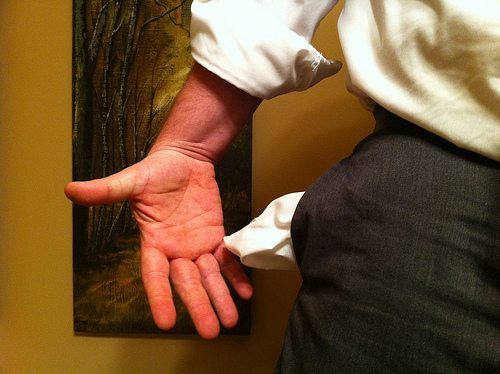Bankruptcy and Divorce: A Common Couple

Bankruptcy and Divorce: When your divorce leaves you broke, bankruptcy can give you a fresh start!
Many times bankruptcy and divorce go together. A divorce is not only emotionally draining, but separating all the debts and assets of two people gained during a marriage can lead to financial instability.
In a divorce all marital property is divided between the two parties. When there is a debt, loan, mortgage, or lien attached to the property, the burden of the debt can be too much for one person to maintain individually. In a marriage the monthly payment for most secured debts, like a mortgage, was determined based on the income of both spouses. Sometimes bankruptcy is necessary because one person can no longer afford the expenses that two people used to contribute to. Other times it is that one spouse has taken on a significant amount of debt in the divorce settlement. Bankruptcy offers a solution to these problems.
When a person files bankruptcy after a divorce is finalized, they can discharge most of the debt they have accumulated in the divorce. Barring an agreement between the parties in a divorce decree that one party will not discharge their debts in bankruptcy, a person can file for bankruptcy and eliminate all dischargeable debts. These debts typically include credit card bills that the couple shared that one spouse took in the bankruptcy. If one spouse took possession of real estate but can no longer afford the payments with just one income, they can file for bankruptcy protection to avoid liability of any deficiency owed.
One kind of debt that is not dischargeable that comes up in family law situations is alimony or spousal support. Both alimony and spousal support are specifically listed as non-dischargeable by the bankruptcy code, so declaring bankruptcy on these debts will not discharge them. However, many times bankruptcy is the best option for someone who has accumulated a massive amount of debt after going through a divorce.
The Dayton Bankruptcy Attorney, David J. Smith, working together with Ohio Divorce Attorney, Jamie L. Anderson, filing for bankruptcy and divorce can be a seamless process. If you have recently divorced, or are contemplating divorce, contact Ohio Divorce Attorney, Jamie L. Anderson, and Dayton Bankruptcy Attorney, David J. Smith, today to schedule free in-office or telephone consultations today at (937)-318-1529. For many bankruptcy and divorce provide the ultimate fresh start, let us help you gain yours.
